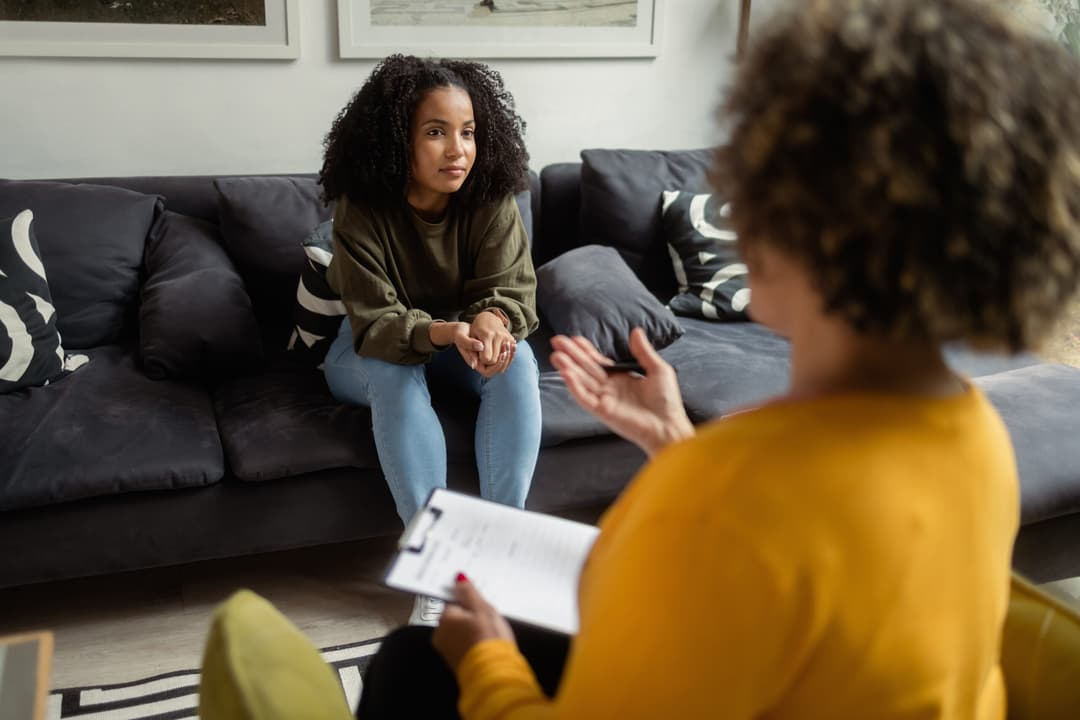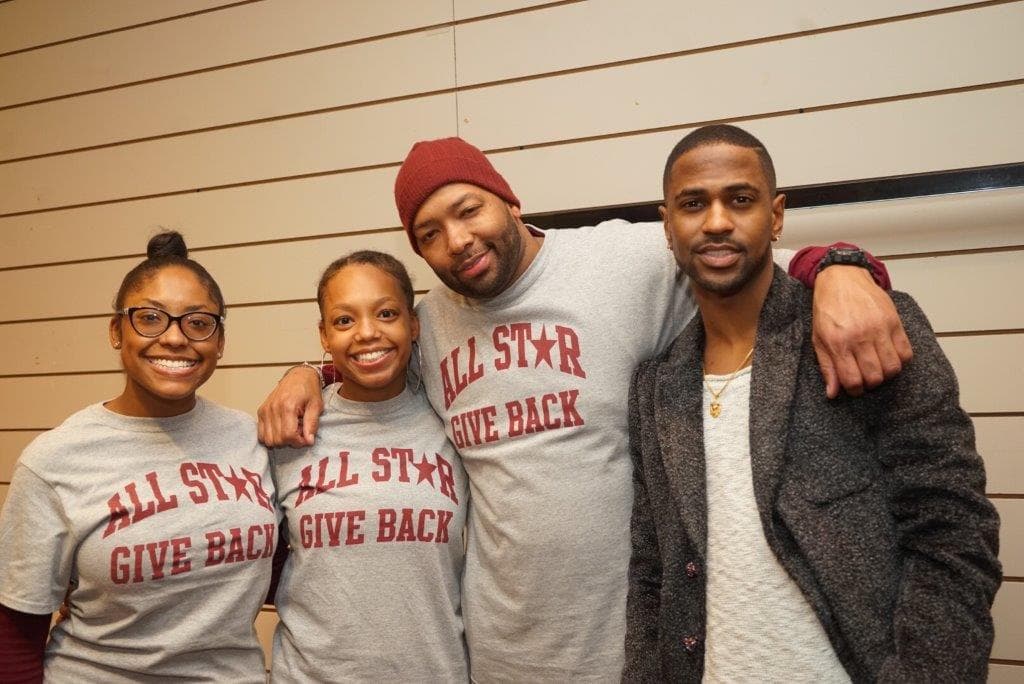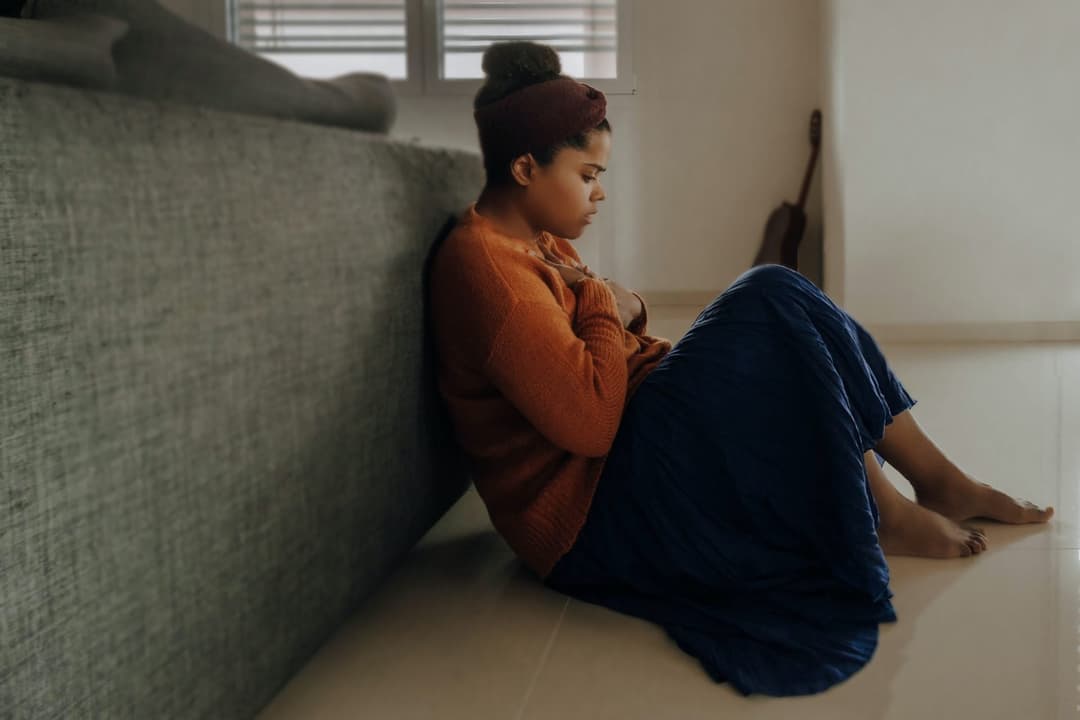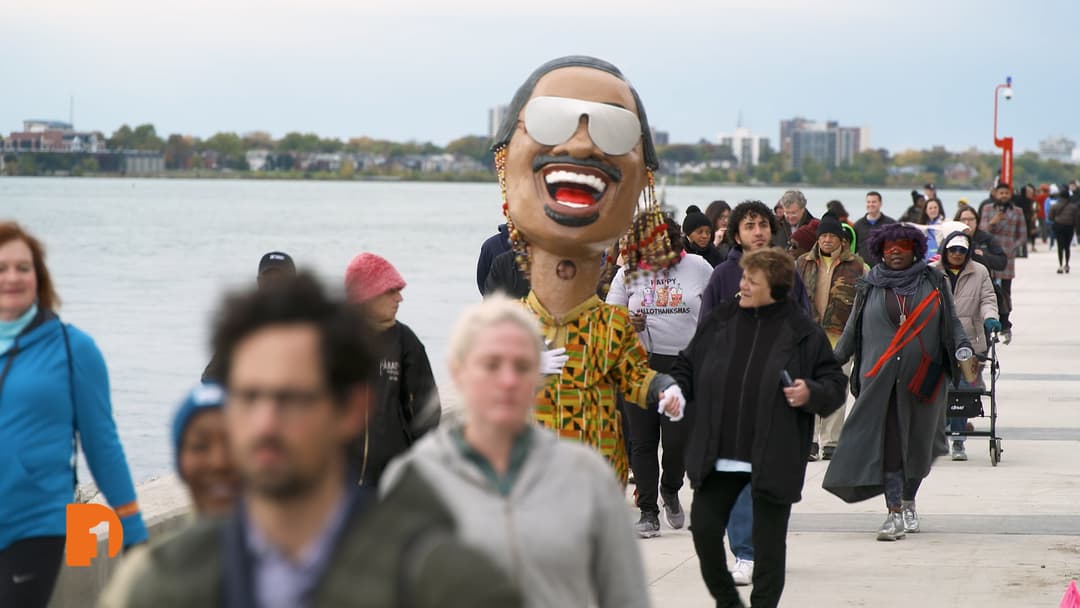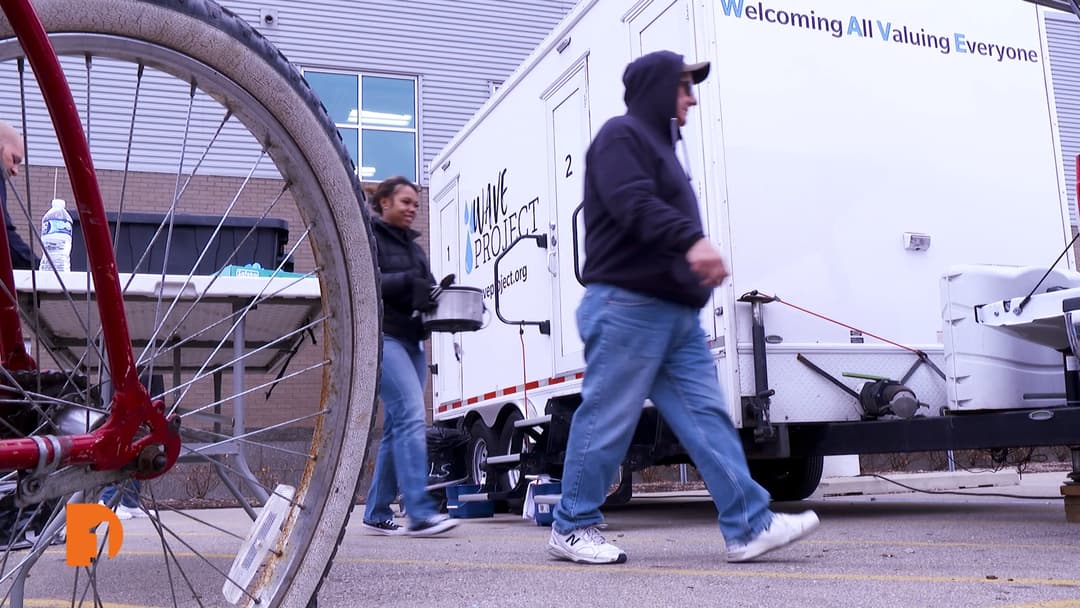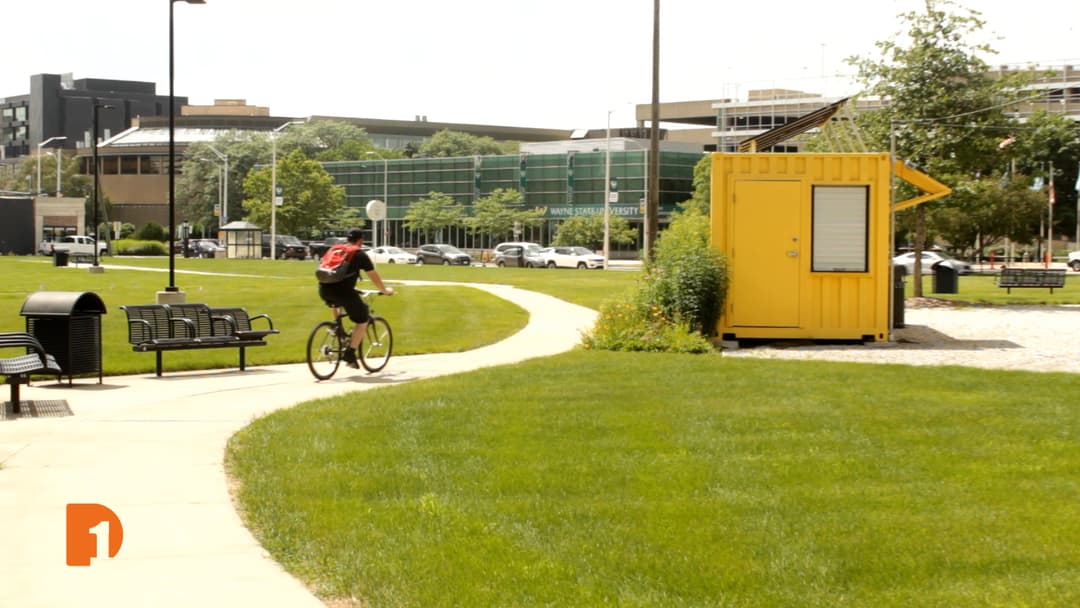Blue Bird Inn, World Mental Health Day, Social media and teens’ mental health | American Black Journal
Oct 10, 2023
This Week on American Black Journal:
Historic Detroit jazz club, the Blue Bird Inn, set for grand revival by Detroit Sound Conservancy
A historic jazz club in Detroit is poised to make a remarkable comeback as the nonprofit organization Detroit Sound Conservancy embarks on a renovation of the Blue Bird Inn. The groundbreaking ceremony held at the Inn on the city’s west side celebrated the planned resurrection of the long-abandoned cultural gem and brought out renowned Detroit jazz musicians, bassist Marion Hayden and her son, drummer Tariq Gardner.
Their presence underscored the profound significance of the Blue Bird Inn, which has played a pivotal role in shaping Detroit’s jazz heritage. The club, with its rich history dating back decades, has been a cradle of talent and creativity, hosting some of the most celebrated musicians in the genre. But it’s not just about music; community members think the rehabilitation of the Blue Bird Inn is poised to have a profound impact on the surrounding neighborhood.
“American Black Journal” contributor Cecelia Sharpe of 90.9 WRCJ was at the groundbreaking ceremony to talk with attendees about the musical and cultural legacy of the Blue Bird Inn and what its revitalization will mean for Detroit’s jazz scene. Plus, Sharpe talks with residents who share how they hope the jazz club will bring life back to the surrounding neighborhood.
[et_pb_video src=”https://youtu.be/dteRjU0kwCM” admin_label=”Segment 1 Video” _builder_version=”4.22.1″ _module_preset=”default” global_colors_info=”{}”]
Communities of Color break down stigmas, prioritize self-care for World Mental Health Day
October 10 marks World Mental Health Day, a time to raise awareness about the importance of mental health, the impact of mental illness, and an individual’s overall well-being. This year, “American Black Journal” is focusing on how mental health impacts communities of color, particularly African Americans.
According to the latest statistics from the National Alliance on Mental Illness (NAMI), one in five adults experiences mental illness each year. The data also shows that African Americans are 20% more likely to experience struggles with their mental health compared to the general population. The COVID-19 pandemic further exacerbated the situation, leading to heightened stress, anxiety and depression.
The good news is there’s a growing awareness about the importance of self-care and seeking help when needed, and there are efforts to break down the stigmas surrounding mental illness in communities of color.
“American Black Journal” host Stephen Henderson talks with two mental health representatives, CNS Healthcare President/CEO Michael Garrett and Judson Center Director of Integrated Health Services Jamila Stevens, about the stigma surrounding mental illness in the Black community, the increase in the number of young people experiencing mental health struggles during the pandemic, and how you can perform a mental health self-check on your own.
[et_pb_video src=”https://www.youtube.com/watch?v=TAcb-RyHb80″ admin_label=”Segment 2 Video” _builder_version=”4.22.1″ _module_preset=”default” global_colors_info=”{}”]
Always Online: Weighing the effects of social media on teens’ mental health
From Twitter to Instagram and now TikTok, social media use by teens is widespread. What impact is it having on their mental health? Some studies show that youth who spend more than three hours a day on social media have a higher chance of experiencing mental health issues like anxiety, depression or suicidal ideation. Some experts argue, however, that social media use can positively impact people’s mental health too.
One Detroit’s former intern Zion Williams went searching for some answers. She talks with three of her friends — Sophia Francis, Marissa Skoney and Breanne Kollmorgen — about their individual social media use and how it makes them feel. Williams also speaks with Judson Center COO Susan Salhaney about the pros and cons of using these online platforms.
Plus, Kevin Fischer, the executive director of NAMI Michigan, and Dr. Shama Faheem, the chief medical officer at Detroit Wayne Integrated Health Network, explain how mental health begins to affect teens’ brains as they’re developing and what parents can do to monitor their children’s mental health and social media habits.
Williams produced this story as part of the 2022 PBS NewsHour Student Reporting Labs Gwen Ifill Legacy Fellow program. The “One Detroit” news team helped produce this report.
[et_pb_video src=”https://www.youtube.com/watch?v=zzzonUG6A40″ admin_label=”Segment 3 Video” _builder_version=”4.22.1″ _module_preset=”default” global_colors_info=”{}”]
Stay Connected
Subscribe to Detroit PBS YouTube Channel & Don’t miss American Black Journal on Tuesday at 7:30 p.m and Sunday at 9:30 a.m. on Detroit PBS, WTVS-Channel 56.
Catch the daily conversations on our website, Facebook, Twitter and Instagram @amblackjournal.
View Past Episodes >
Watch American Black Journal on Tuesday at 7:30 p.m. and Sunday at 9:30 a.m. on Detroit Public TV, WTVS-Channel 56.
Stay Connected
Subscribe to Detroit PBS YouTube Channel & Don’t miss American Black Journal on Tuesday at 7:30 p.m. and Sunday at 9:30 a.m. on Detroit PBS, WTVS-Channel 56.
Catch the daily conversations on our website, Facebook, Twitter, and Instagram @amblackjournal.
Related Posts
Leave a Reply
Your email address will not be published. Required fields are marked*







